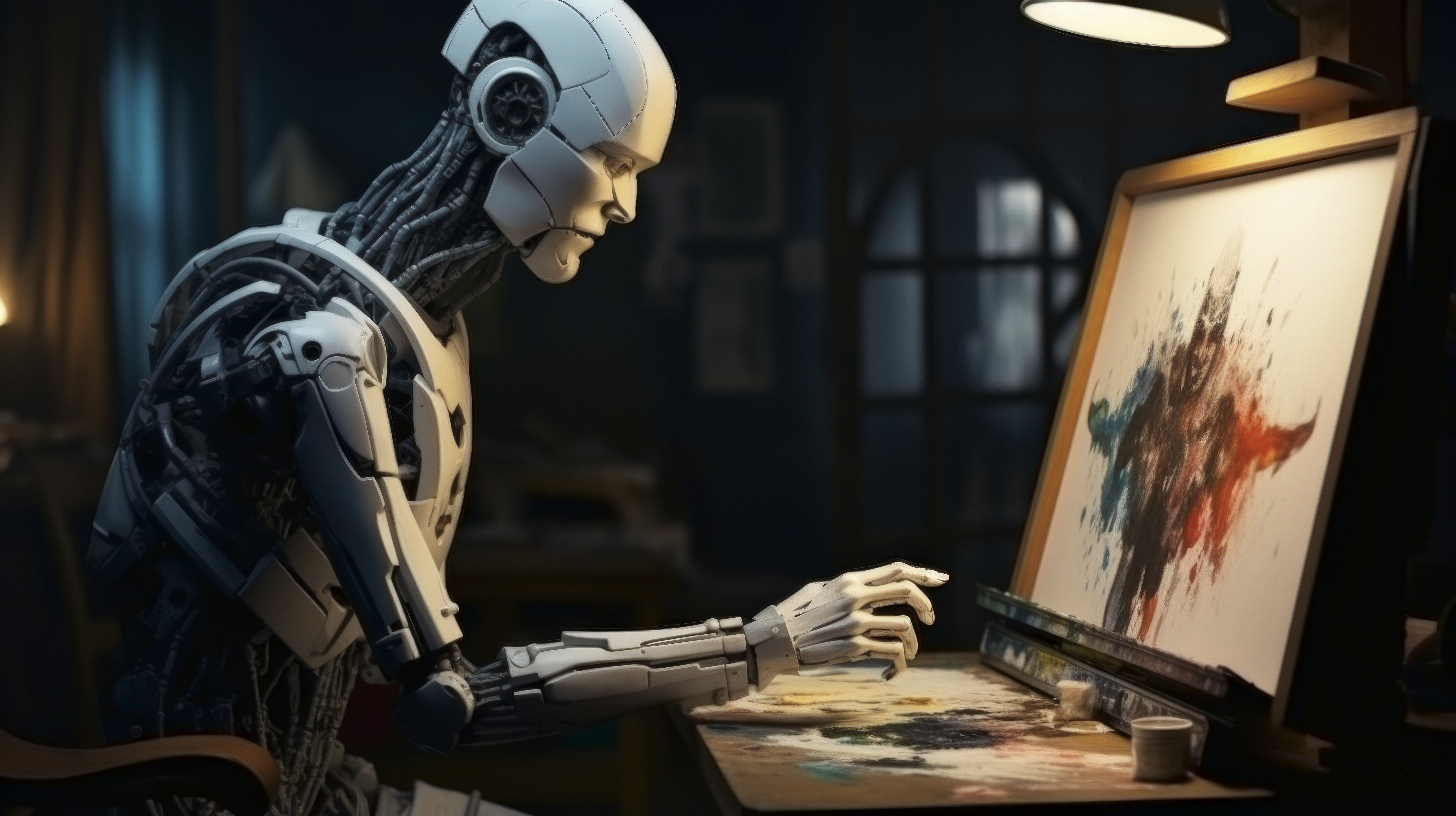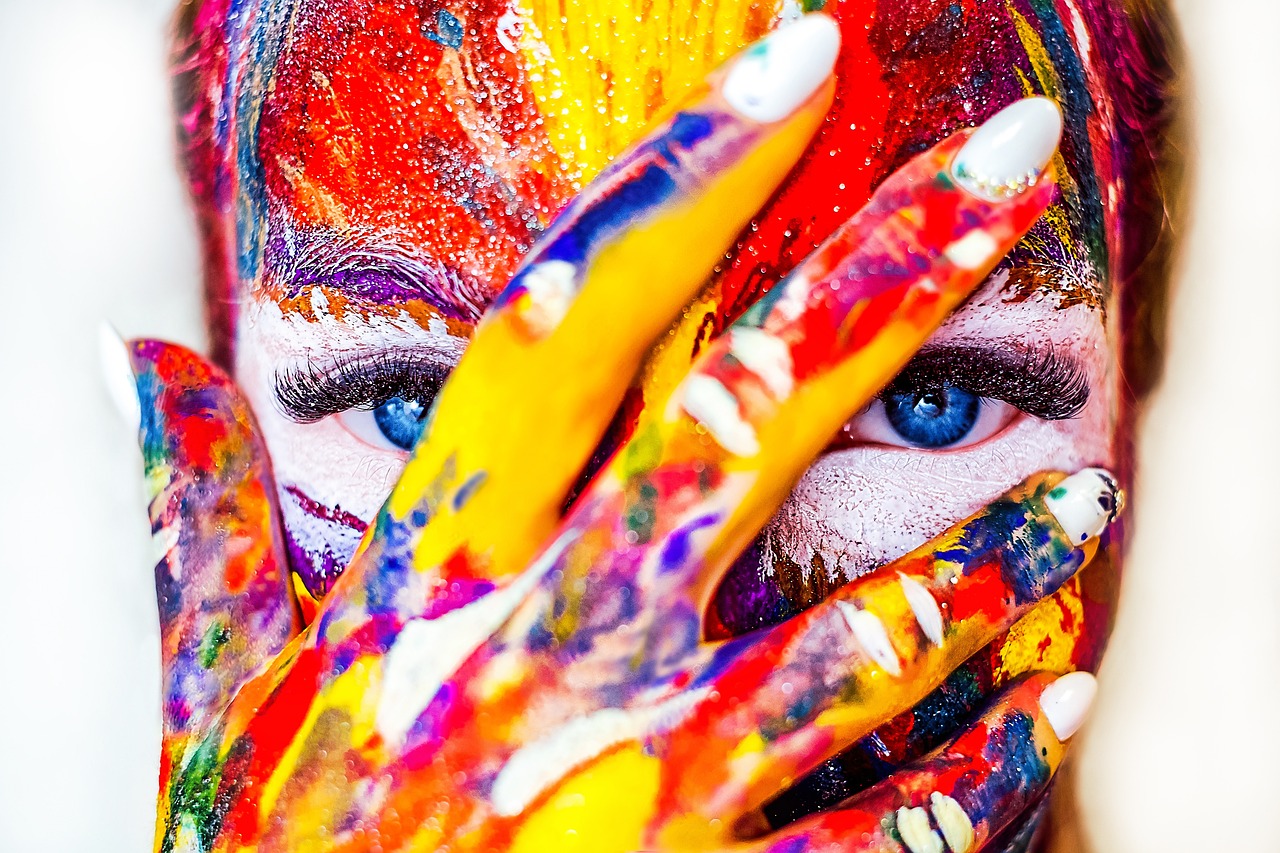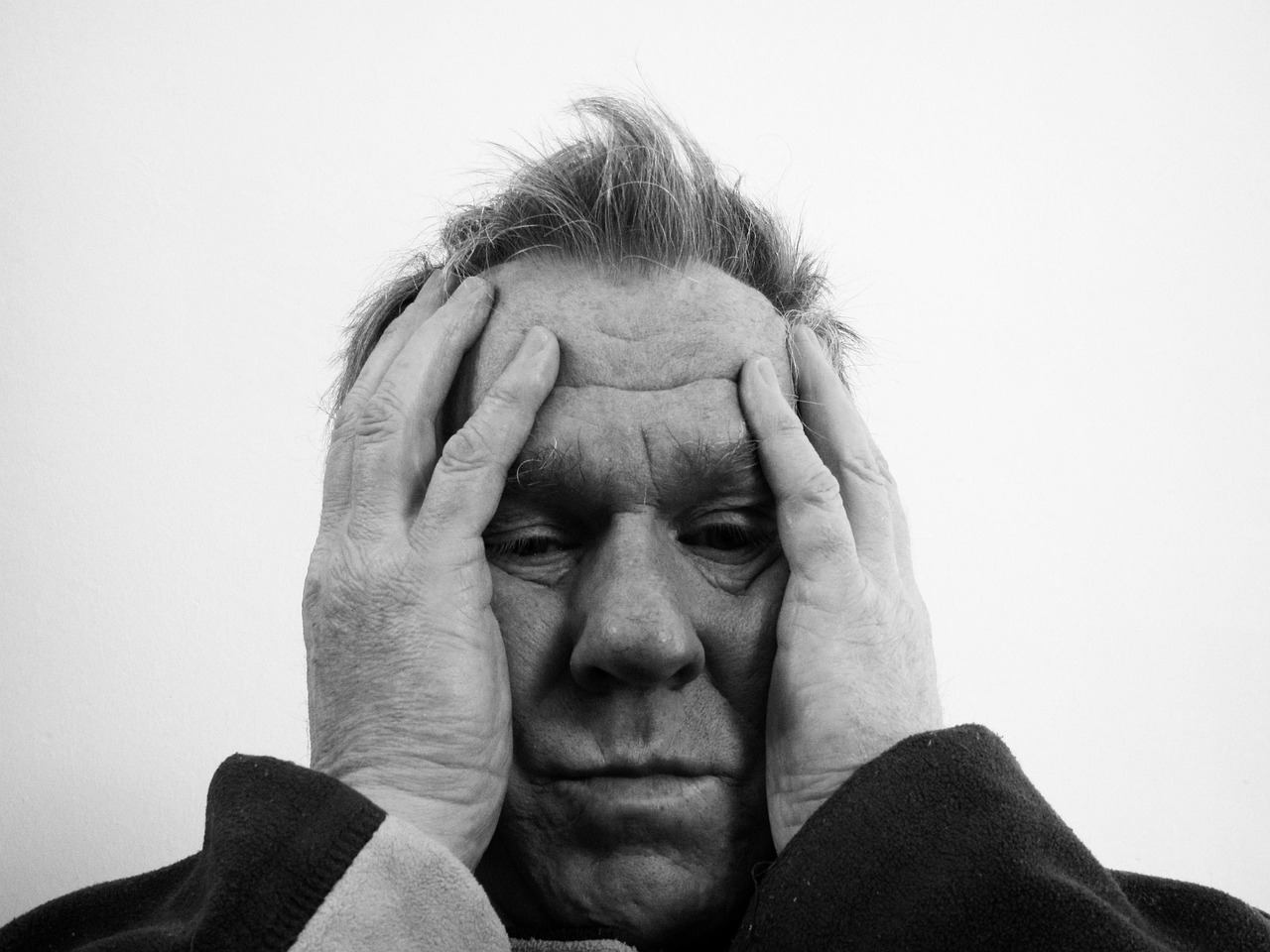Artistic and design fields experience a fundamental shift because artificial intelligence (AI) has become integrated into their practices. Artificial intelligence has evolved from being a technological tool to becoming a creative partner for artists. Artificial intelligence transforms artistic practice by enabling designers and artists to approach their work through new methods.
Machine learning algorithms enable AI to create new possibilities which help humans maximize their creative abilities beyond previous limits. This article examines AI’s essential role in creative enhancement while discussing its impact on artistic design practice and the moral questions surrounding its implementation.
AI as a Tool in Art Creation
The art world experiences rapid transformation because of artificial intelligence. Users can generate beautiful images through AI programs DALL-E and DeepArt by providing textual descriptions. Artists can use brief prompts which AI uses to create artwork that extends traditional art boundaries. AI-created artworks display remarkable depth and complexity which provide unique perspectives about traditional art forms. Through these AI tools artists gain access to experimental creative possibilities that would be difficult or labor-intensive to produce by hand.
AI tools enable artists to combine traditional artistic styles from Van Gogh and Picasso with modern techniques for creating innovative reinterpretations. These powerful tools create interesting questions about creativity and originality in their operation. AI operates as an advanced tool but experts debate whether it demonstrates any form of creative ability. The artistic boundary between human-made and machine-generated creativity has become a focal point of discussion between art professionals and the general public.
Machine Learning in Design
AI technology transforms design practice through automated repetition work and innovative idea generation capabilities. The AI system Adobe Sensei examines extensive data sets to generate design recommendations which reflect present-day design trends. The algorithms enable designers to concentrate on creative work because AI systems manage routine design tasks.

AI design tools learn from user preferences to make better suggestions through their ability to analyze previous projects. The customized approach through AI enables designers to create designs more efficiently which shortens the time needed to develop high-quality designs. Through its suggestion capabilities AI enables designers to discover novel visual arrangements which they would otherwise overlook.
The AI system at Canva provides non-design professionals with professional graphic creation tools through its personalized suggestions and template options. The simplified design tools create equal opportunities for people of all skill levels to generate attractive visual content.
AI and Music: Redefining Creativity
The influence of AI technology extends beyond visual art and design because it creates new musical possibilities. Through tools like OpenAI’s MuseNet and Amper Music musicians can produce original musical compositions across different styles including classical and modern pop. AI systems employ machine learning algorithms to study existing music before generating new musical pieces through learned patterns.
Artificial Intelligence tools assist musicians in two ways: by creating complete musical compositions and by providing creative solutions when musicians experience inspirationless periods. AI offers musicians suggestions for chord progressions alongside melodies and complete orchestral arrangements. These systems enable musicians to discover musical genres beyond their usual range and generate sounds that would be challenging to produce manually.
AI music generation technologies face criticism from purists who claim they create music without soul but these tools now serve musicians as valuable collaborators to extend creative possibilities.
The Interaction Between AI and Creativity
Artificial Intelligence plays a transformative role in creativity through its interactive relationship with human artists. AI functions to enhance artistic capabilities rather than take their place in the creative process. AI enables artists to concentrate on creative expression through its ability to generate new ideas and automate repetitive work and suggest variations.
Human artists collaborate with machines through innovative partnerships that result in unique creations. Through AI artists gain access to limitless creative possibilities which extend their artistic boundaries beyond traditional artistic tools and methods. AI enables artists to extend their creative boundaries through its ability to create new concepts and refine existing ones.
Ethical Considerations in AI-Generated Art
The implementation of AI in creative industries brings numerous benefits yet several ethical issues require attention. The main problem regarding authorship stands as one of the primary ethical concerns. When an AI produces artistic work does ownership belong to the AI system or the human who supplied input or the developers who built the AI system? The artist who provided the input? The developers who created the AI? The artwork exists solely as a result of machine operations without any clear ownership.
AI systems that learn from existing art and design face two major ethical issues because they may produce copyright violations through unauthorized style imitation of human artists. AI design generation produces new creative designs but sometimes produces unintentional copies of human artist works which leads to questions about originality and intellectual property rights.
The ethical issues demonstrate why specific guidelines must be established for AI creative applications to protect human creators’ rights and maintain fairness.
The technological advancements of artificial intelligence have transformed creative processes beyond what experts used to believe was possible. AI enables machines and humans to push creative boundaries across artistic fields and musical production and design work.
AI has established itself as a permanent force which reshapes creative practices while ethical concerns about its implementation remain unresolved. The world of creativity is undergoing a permanent transformation because of AI.
References:


